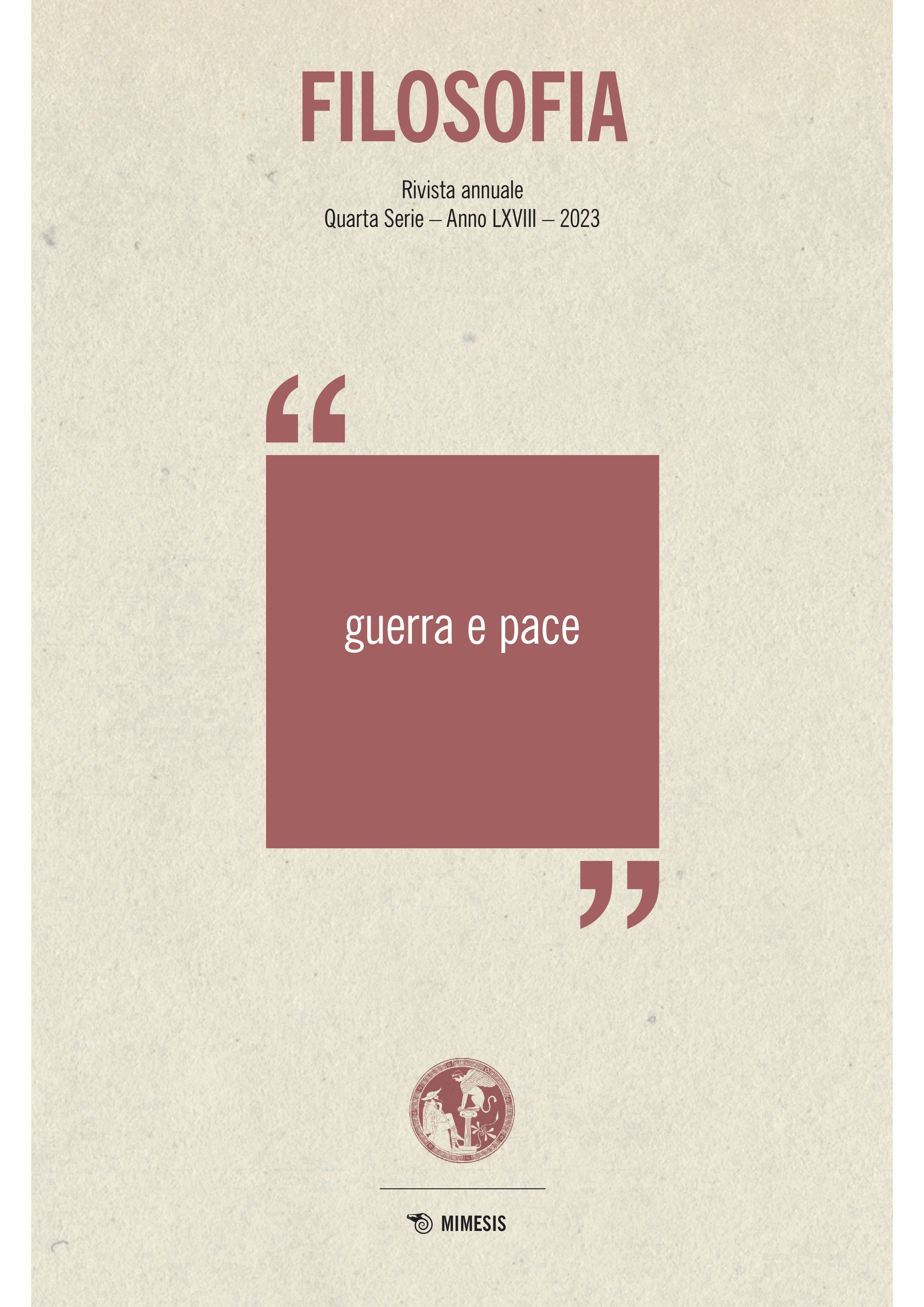Il teatro come metafisica del concreto secondo Artaud
DOI:
https://doi.org/10.13135/2704-8195/9221Parole chiave:
Artaud, thought, metaphysics, theatre, concreteAbstract
This paper discusses Antonin Artaud’s conception of the relationship between thought and existence, affirming that rational thought never manages to grasp concrete existence. Through the revolution of theatre, though, Artaud pursues a new form of thought capable of preserving its intimate connection with life. Therefore, he questions traditional Western theatre, which relies on representation, mimesis and on the supremacy of text, of language, of the written word. In contrast, he proposes a new idea of theatre, with an emphasis on gestures, movements, and symbols. According to Artaud, this form of theatre, deeply rooted in the materiality of the staging, becomes a metaphysical practice which allows to break the barriers between the abstract and the concrete and to draw ideas belonging to a spiritual order, revealing hidden truths about human existence.
Downloads
Riferimenti bibliografici
Artaud, Antonin. 2004. Oeuvres. Grossman Évelyne, a cura di. Paris: Gallimard.
Bouillon, Anne. 2016. Gilles Deleuze et Antonin Artaud. L’impossibilité de penser. Paris: L’Harmattan.
Deleuze, Gilles. 1993. Différence et répétition. Paris: Presses Universitaires de France.
Foucault, Michel. 1972. Histoire de la folie à l’âge classique. Paris: Gallimard.
Grossman, Évelyne, e Jacob Rogozinski. 2008. “Deleuze lecteur d’Artaud – Artaud lecteur de Deleuze”. Rue Descartes 1, n. 59: 78-91. https://doi.org/10.3917/rdes.059.0078.
Grossman, Évelyne. 2020. La créativité de la crise. Paris: Les Éditions de Minuit.
Pietrantonio, Vanessa. 2017. “Il ‘linguaggio visivo’ di Artaud. Genealogie e intrecci”. Comparative
Studies in Modernism, n. 11: 151-168. https://doi.org/10.13135/2281-6658/2319. Virmaux, Alain. 1970. Antonin Artaud et le théâtre. Paris: Éditions Seghers.
##submission.downloads##
Pubblicato
Come citare
Fascicolo
Sezione
Licenza
Copyright (c) 2023 Sara Cocito

TQuesto lavoro è fornito con la licenza Creative Commons Attribuzione 4.0 Internazionale.
Filosofia applica una licenza Creative Commons Attribution 4.0 International License a tutto il materiale pubblicato.




